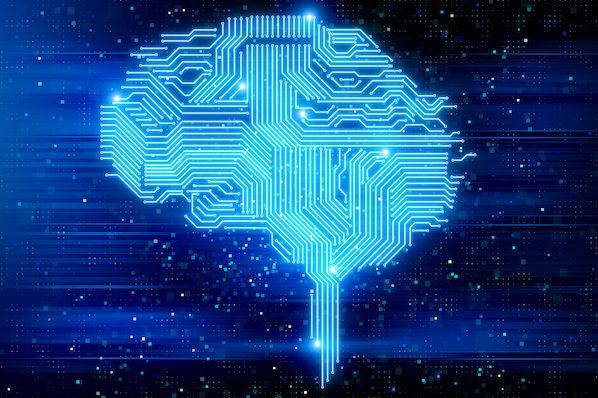Sep 24, 2018
Key companies to attend White House quantum computing meeting
Posted by Genevieve Klien in categories: computing, government, quantum physics
WASHINGTON (Reuters) — The White House will hold a meeting on Monday on U.S. government efforts to boost quantum information science, with administration officials, leading companies including Alphabet Inc ( GOOGL.O ), IBM Corp ( IBM.N ), JPMorgan Chase & Co ( JPM.N ) and academic experts taking part.

















